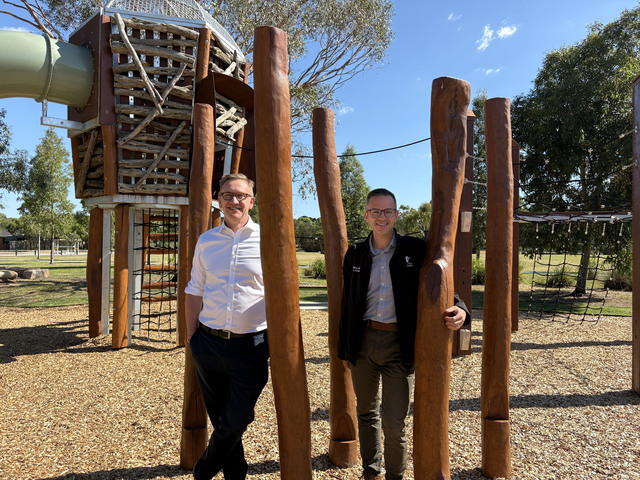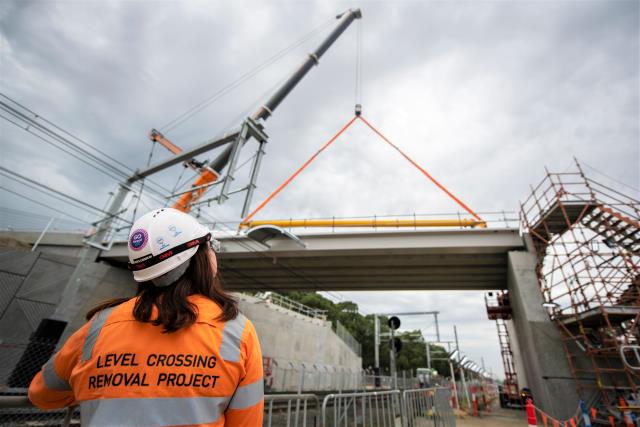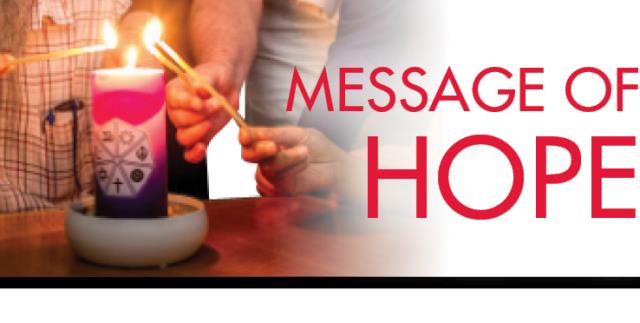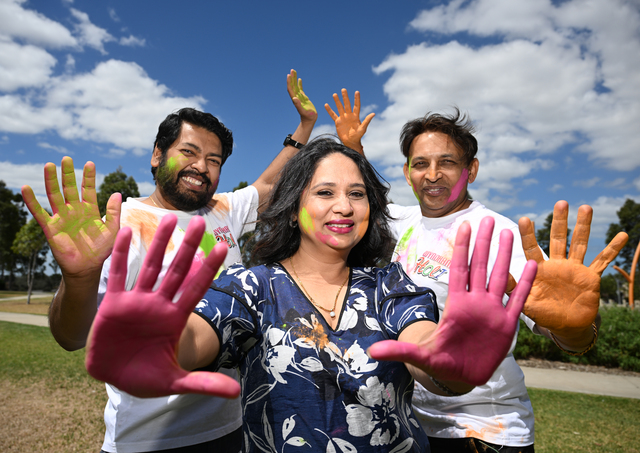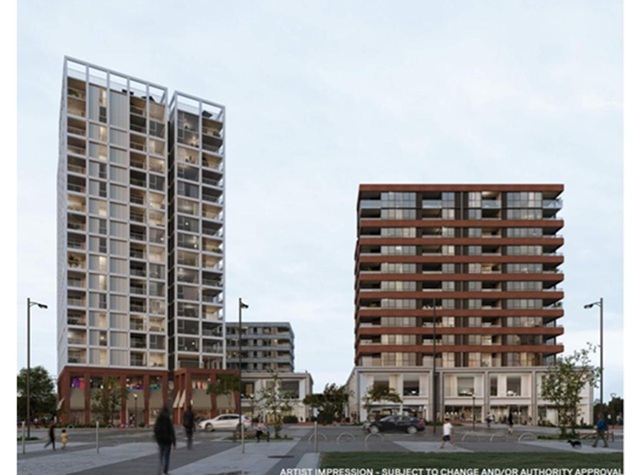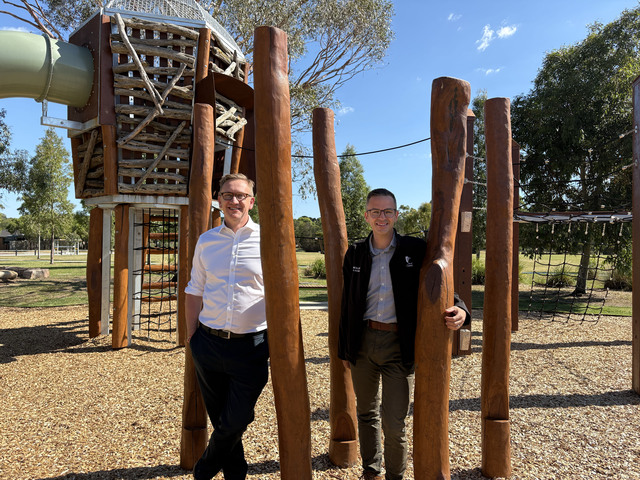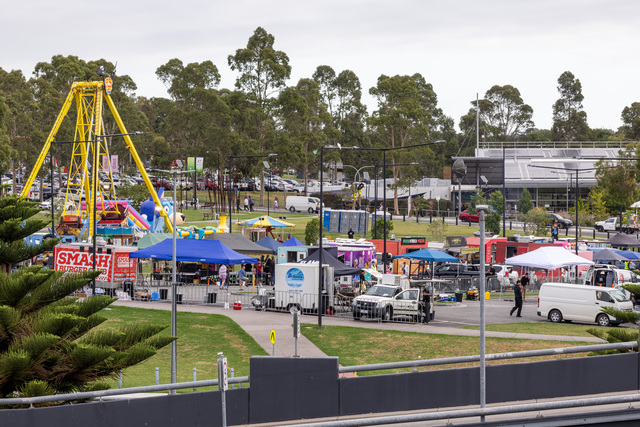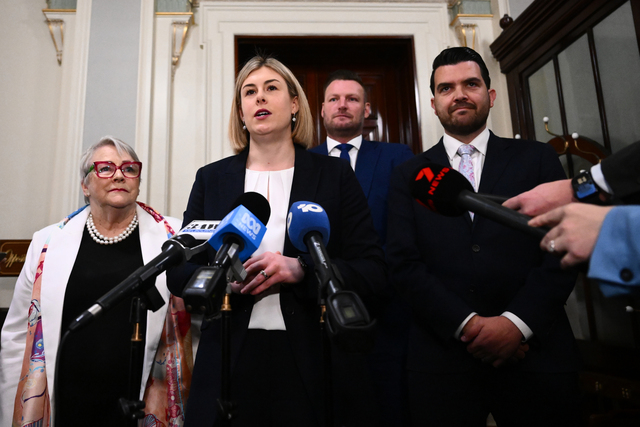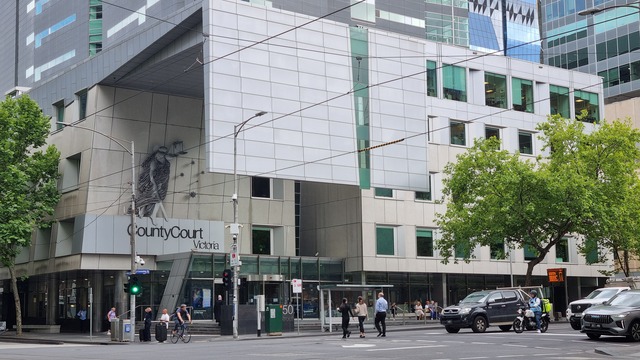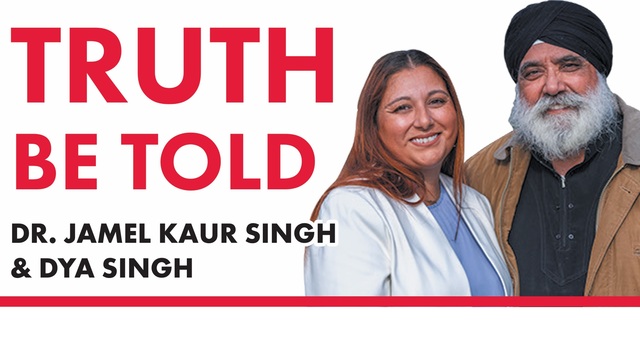By CASEY NEILL
“OVERALL, it’s a grim picture.”
Dr Philip Hammond says refugees and asylum seekers battle three stages of trauma in their bid for a better life.
He’s calling for an end to offshore detention and for healthcare professionals to understand the journeys that new arrivals to Australia have endured.
Dr Hammond was the event lead at the Mental Health of Refugees and Asylum Seekers: Understanding, Recognising, Treating workshop on 31 August.
The Royal Australian College of General Practitioners (RACGP) and the Royal Australian and New Zealand College of Psychiatrists (RANZCP) joined together for the event which is designed to ensure GPs and psychiatrists were best-placed to tend to refugee and asylum seeker healthcare needs.
“The first point to make is that trauma starts at the beginning of the journey,” Dr Hammond said.
“It starts with the decision to leave their home.
“The essence was all of them have experienced very traumatic events before they leave their home country.
“Forced migrant is a major decision, a major trauma, because they’re leaving behind their friends, their family and their social structures and networks.”
Dr Hammond said the second trauma refugees and asylum seekers experienced was the process of forced migration.
“They usually end up in a country which is a staging post,” he said.
“In our particular case, when they’re trying to get to Australia they usually end up in Asia.
“They end up in a temporary staging post in a Third-World situation.”
The third and final traumatic stage occurs when they reach their destination.
“People now are held in detention off-shore,” Dr Hammond said.
“That has very deleterious effects on mental health.
“The longer they’re in detention, the worse their mental health is going to get.”
He said this was due to two things – waiting for assessment and a lack of hope.
“Asylum seekers who arrived after August last year have no hope of being settled in Australia,” he said.
“All the speakers agreed that detention is a high risk for mental health problems.”
Dr Hammond said RACGP and RANZCP were “gravely concerned about the health of asylum seekers held in detention” and had stated that offshore detention should be ceased.
“The first statement of the Hippocratic oath, the oath we all took when we all graduated, is ‘do no harm’,” he said.
“What’s happening is directly contravening that.”
He said many were suffering post-traumatic stress disorder from the situation they had fled, and severe depression and self-harm from their incarceration.
Dr Hammond said asylum seekers on bridging visas faced their own difficulties, including intermittent access to Medicare.
But he said that GPs and psychiatrists could help.
“The most important thing to come out was to listen to their story, their testimonial about what’s happened in their lives,” he said.
“Another thing that is used is what’s called grounding.
“People can get carried away in despair.
“They need to concentrate on day-to-day living, rather than false hope or wondering where they’re going to end up.
“The grounding technique is based on Buddhist teachings and is an important cognitive behaviour therapy.”

